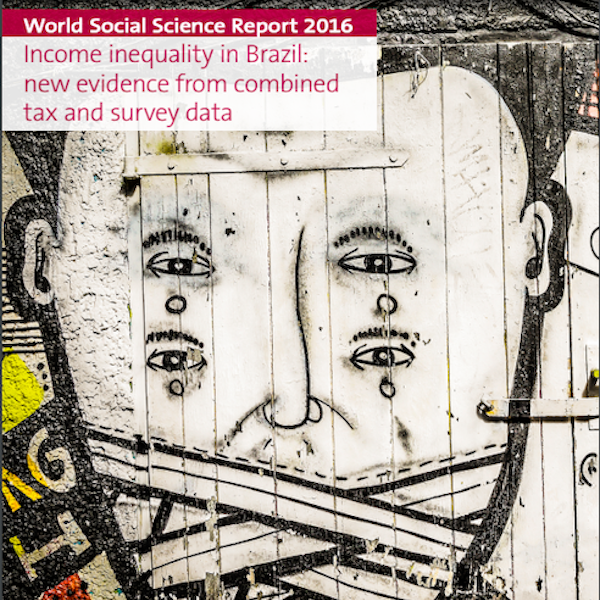Barriers and public policies affecting the international expansion of Latin American SMEs: Evidence from Brazil, Colombia, and Peru
The paper aims to improve the understanding of the determinants of the international expansion of Latin
American SMEs. To do this, it adopts an institution theory perspective to study the interaction between public
policies and other drivers of SMEs' expansion in four main areas: access to public financial resources; access to
public procurement contracts; adverse regulatory and inconsistent legal frameworks; and public assistance on
information and knowledge about markets. We collected the data from 465 SMEs in Brazil, Colombia, and Peru
and analysed it using multivariate regressions; the findings have implications for theory, practice, and policy
making. The results suggest that Latin American SMEs belonging to larger institutions (like business groups)
seem to be in a stronger position to expand internationally. In addition, they show that SMEs perceive difficulties/
barriers for their international expansion, mainly in dealing with domestic regulations in the domestic economic
environment, and in poor information about external markets. Also, the findings indicate that having the
government as a customer has proved to be a facilitator for the firms to expand internationally. All in all, the findings
of the paper enrich the debate on the impact of institutions, and in particular of public policies, on the international
expansion of SMEs from emerging and transition economies by analysing the role of governments'
policies and strategies intended to support the international expansion of firms and questioning their mid- to
long-term impact.

